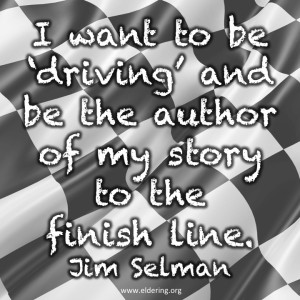By Jim Selman | Bio
The last 10 years seems to me to have been a long decade. I know that time is supposed to ‘speed up’ as we get older, but the “Millennium” celebrations, Y2K and all the hype about the 21st century seems like ancient history. A decade ago, we still weren’t at war in two countries, 9/11 hadn’t happened, George Bush was still promising a bipartisan administration, climate change was still a bit of an arcane scientific debate for most of us, New Orleans was still having a non-stop party and Google was a minor start-up. YouTube didn’t exist at the turn of the century, eBay and Amazon were still babies, and the real estate bubble was just beginning. Steve Jobs had recently returned to Apple after spending 13 years with NeXT, the iPod and iTunes were concept just beginning to be developed and the iPhone wasn’t even in sight.
We were all younger and, I think, generally more optimistic than we are today. We’ve lost a lot of our innocence in only 10 years. From Al Qaeda to Bernie Madoff, we’re waking up to the realization that the world is not our oyster and that the American Dream is just a dream if we aren’t responsible for it and act upon it.
Personally, I think the saddest thing that has happened to us in the past decade is the political and ideological polarization of our nation. I don’t
read more

